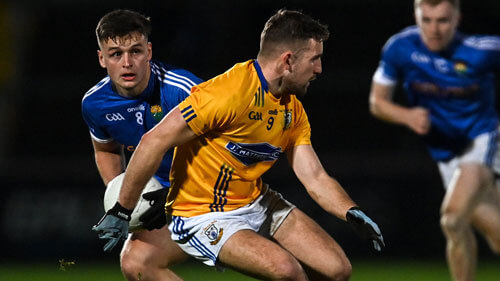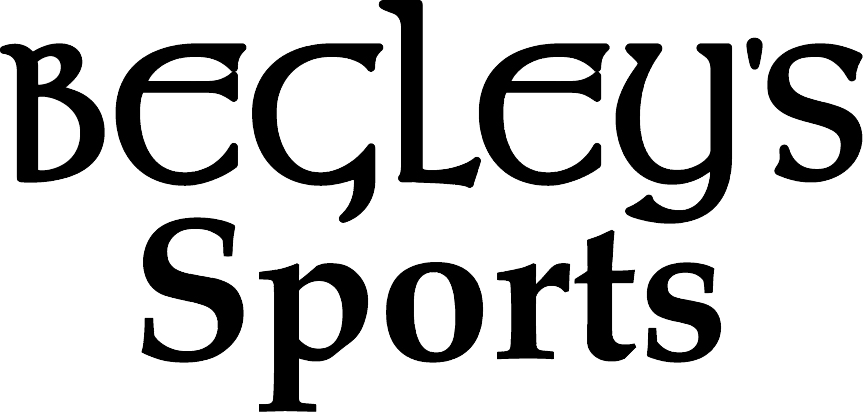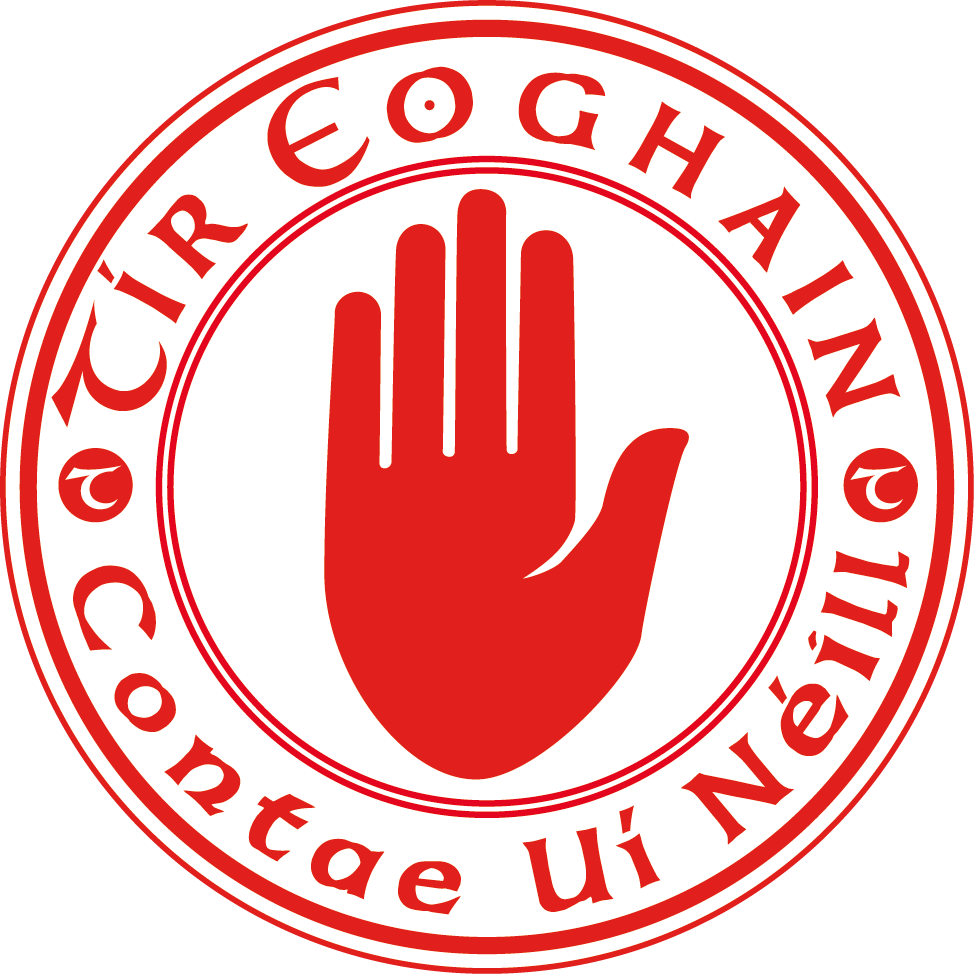The period from the establishment of the GAA nationally at a meeting in a Thurles hotel in 1884 until its formal inception in Tyrone twenty years later is one of very limited activity. Only one club – Cookstown Owen Roe O’Neills – existed during that period, between the years 1889 and 1891.
Cookstown, as Tyrone’s representatives, took part in the Ulster championship of 1890, losing in the final to Armagh. Yet these few, tiny green shoots were swept away in the 1890s as the first tentative steps to establish the GAA in Tyrone went the way of the rest of the Gaelic revival movement during that decade in Ireland, with the almost total paralysis that followed the fall of Parnell.
Indeed, the single greatest contribution Tyrone made to the GAA in this period came from the unlikely figure of a Methodist from near Castlederg named John Huston Stewart. At a meeting in January 1885, again in Thurles and less than three months after the establishment of the Association, Stewart, who was one of the first Protestants to support the GAA openly, was elected as one of the vice-presidents in the inaugural governing structure, with Maurice Davin as president and Michael Cusack as secretary.
This intriguing figure – probably the only noted cricketer to have held such high office in the GAA – also made a huge contribution to sports in Dublin by opposing the application of the English convention of confining sport to the ranks of “gentleman amateurs”, and by opening up athletics competitions in the capital city to the traders, labourers, police and others not considered “gentlemen”.
Less than two years before the foundation of the GAA in 1884, another Tyroneman, Hugh Alexander Auchinleck, a native of Strabane and a Fellow of the Royal College of Surgeons in Ireland, had been largely instrumental with Michael Cusack in establishing the Dublin Hurling Club and in drawing up the rules of hurling. Apart from the contributions of Stewart and Auchinleck at national level, Tyrone had little involvement in the first phase of development of the GAA. It was not until the dawn of the twentieth century, when the Gaelic revival movement was resurgent nationally, that the Association started to take root in Tyrone and in the north more generally.












